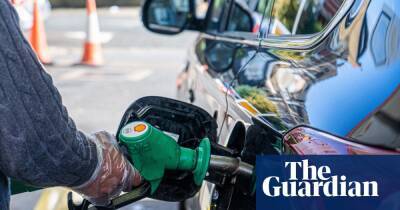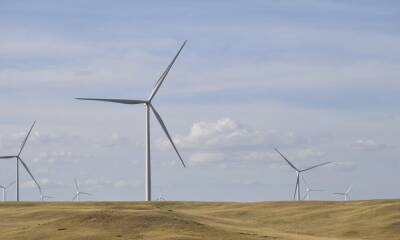Fuel price cuts in the UK will largely benefit the SUV-driving elite
From Ireland to Italy taxes on motor fuels are coming down and, in his Wednesday spring statement, Rishi Sunak is expected to jump onboard. The move comes in response to rising pump prices driven by bottlenecks in global supply chains and compounded by the war in Ukraine, with unleaded petrol rising by about 20p a litre since the start of the year. But, while the problem is a real one, cutting fuel duty will make inequality worse, not better.
While many among the UK’s poorest people drive, government data shows that about 40% of the poorest households do not own a car. At the other end of the spectrum, the richest households are on an SUV binge. The result is that the top fifth of households spend almost five times as much on motor fuel each year as the bottom fifth.
If the government were to follow in Italy’s footsteps, say, by applying a temporary 15p cut to fuel duty for six months, it would offer a relief of £2.5bn. But just 7% of this relief (£180m) would reach the poorest fifth of households, while 33% (or £820m) would flow to the richest, according to New Economics Foundation analysis.
The meagre £5 a month that the tax cut would save the average household in the lowest income group barely touches the sides of a cost of living emergency. It would however be a notable subsidy on the carbon-intensive lifestyles for many at the top.
This is not to deny that fuel prices are a genuine issue for low-income suburban residents with poor access to public transport and an unaffordable dependence on cars for their livelihoods. One recent paper estimated that one in 10 households fall within this group and as fuel prices rise, they will be forced to cut spending on other essentials. For such families, and millions more on low
Read more on theguardian.com























